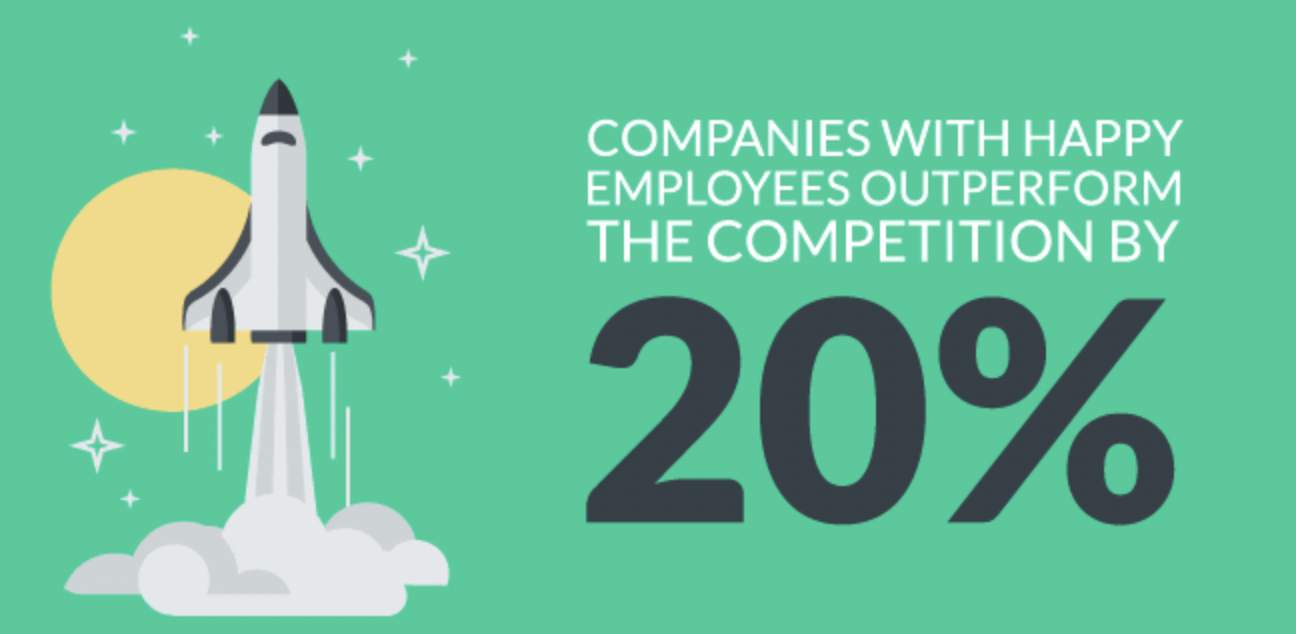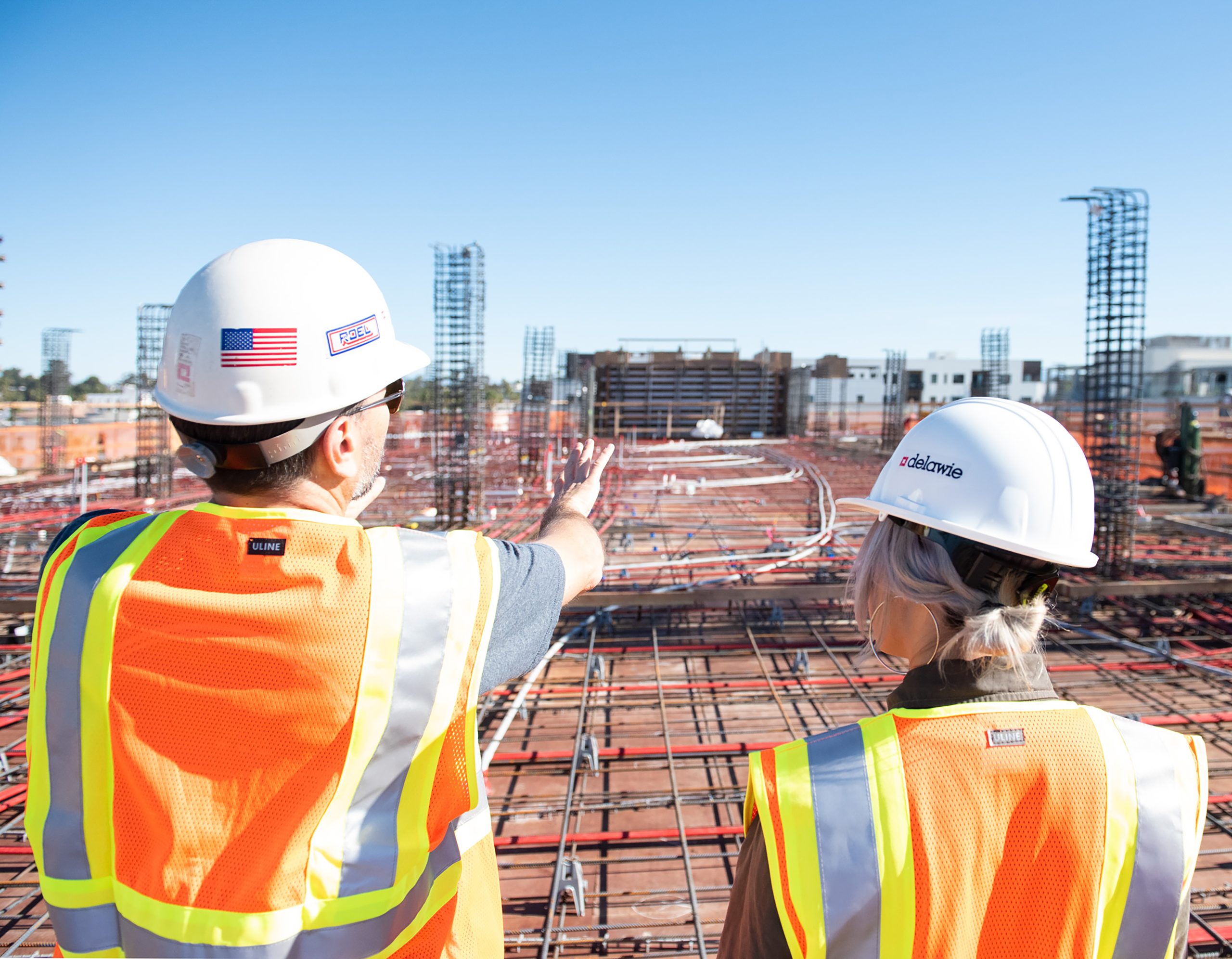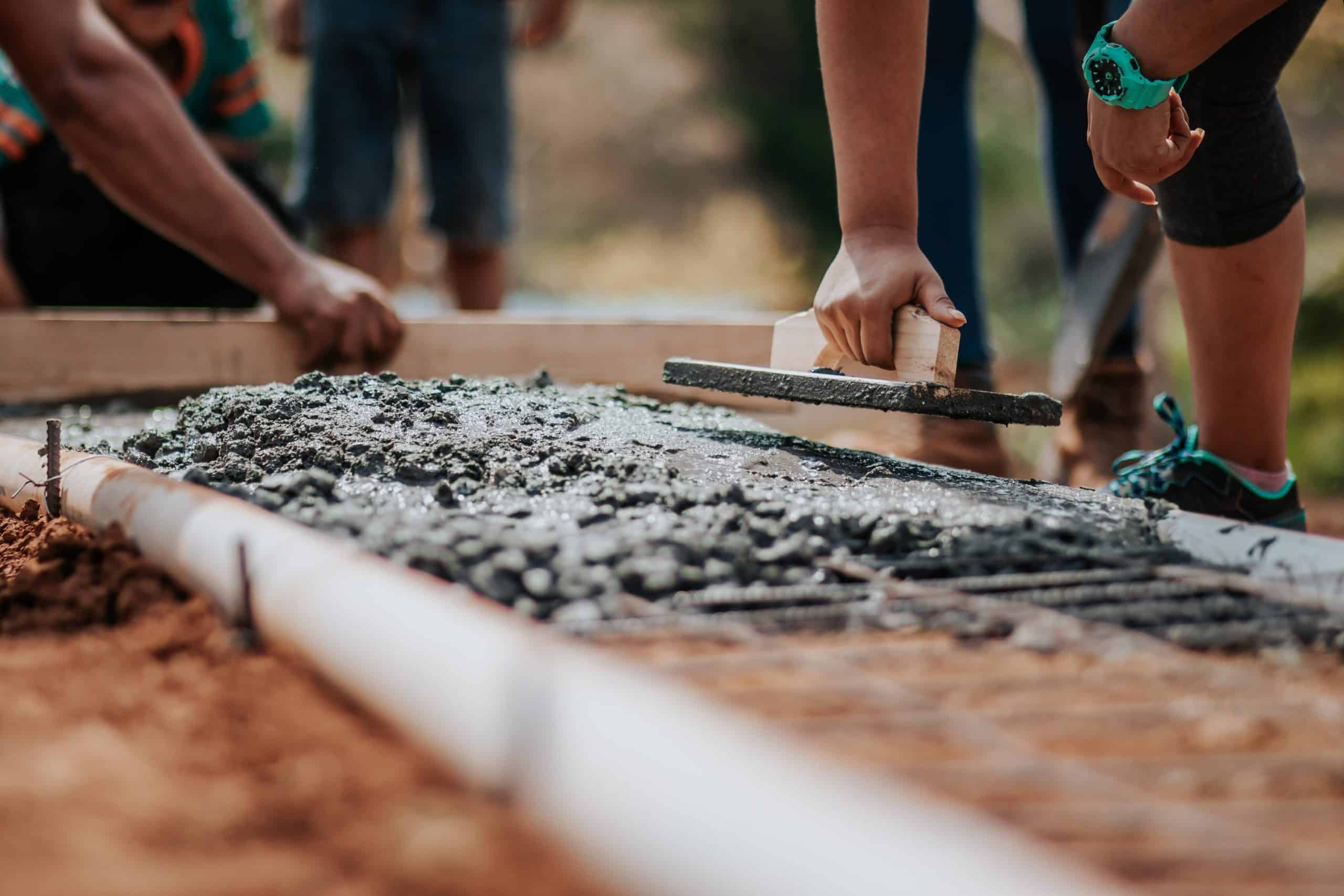As a construction project manager, you’re responsible for almost every aspect of a construction job, from beginning to end. Therefore, effectively managing your field crew is critical to the success of your company.
Monitoring your crew, the building supplies, and the legalities of a building project are all key in successfully pulling off a safe, efficient, timely, and cost-effective construction project. Properly managing your field team can result in various benefits such as better performance, a more connected team, and ultimately, higher profits.
1. Implement an effective site orientation
Organizing a thorough site-specific orientation can ensure your construction crew knows the details, guidelines, and other important information regarding a project. Otherwise, you risk misleading workers, which could cause them to be ineffective on the job.
But with a strong site orientation, you can set out exactly what your crew needs to get done and how they should get it done. As a result, the work they do will be in line with the project’s objectives and safety requirements.
2. Ensure workers understand project expectations
When workers understand basic expectations and guidelines, they’re less likely to make mistakes. To ensure alignment, the general contractor can engage the subcontractor and their employees at the start of every project. As a result, you’ll be able to verify a worker’s understanding of the project standards. Additionally, you will increase the likelihood of achieving project deadlines.
3. Develop an inventory management system
Another important factor to consider when managing construction crews is how they’re spending their time and whether they’re using the right materials in the most effective way.
Although tools are instrumental in getting any construction job done, they always seem to go missing or return damaged. Developing an inventory management system is one of the best ways to track your equipment and how your team is using it.
An inventory management system involves gathering a list of all equipment and materials, keeping up with where they’re located, and having a system to manage preventative maintenance scheduling. This will eliminate a lot of the time you spend chasing down your equipment or dealing with emergency repairs.
Plus, the data you gather can help you become a better manager and allow you to work more closely with your team. For example, if one of your workers signs out a ladder when pouring foundation, this gives you the opportunity to point out how they’re misusing the equipment. Or if you have a worker who always turns in broken tools, you can teach them proper use protocol.
4. Offer feedback and recognition to promote growth
Employees want to feel appreciated for their contributions on the job. Construction workers are no different. So, it’s important to make sure workers are receiving proper recognition for their achievements. In fact, companies with happy employees outperform the competition by 20%.

You should also give them the opportunity to voice their opinions and feelings about a particular project, the way you manage them, and their overall experience with your organization. You can also speak to workers one-on-one to connect with them on a more personal level and to show that you’re invested in their personal and career development.
5. Reduce stress and promote wellness
Spending long, irregular hours in dangerous work environments can take a toll on construction workers. Certain issues on the job can cause high levels of stress, anxiety, and depression.
When a worker is stressed, they’re more likely to be distracted on the job, which can negatively impact their performance or potentially lead to an accident. On the other hand, when workers aren’t under a lot of stress, they tend to be in a more positive mindset and perform better.
To ensure team members are in a good place mentally, consider investing in a mental wellness program. There are plenty of courses available that focus on mental health for construction workers. These programs can be highly beneficial because they build awareness around mental health in construction.
6. Use a collaborative system
To drive efficiency and improve task management, use a construction project collaboration solution. This offers a simple way to communicate with all relevant parties involved in a construction project. Here’s a list of the best construction management software to consider.
As a result, you’ll be able to maximize communication and connectivity. This allows construction managers and crews to communicate and provide status updates in real-time, whether they’re in an office or working off-site.
7. Keep up with daily tasks
If your construction crew is in a different geographical location, don’t assume you can’t keep track of their performance. Using collaborative software, you can monitor the progress of their tasks. You can also create and manage stages of every project.
Some solutions even allow you to give comments or questions on each task. Not only that, but you can also track the time each employee spends on completing tasks. This makes it easier for you to gauge their productivity and help them improve their time management on future projects.
8. Hold your field crew accountable
When it comes to managing construction crews, it’s important to hold them accountable for their performance. This means requiring quality work from each field member and recognizing weaknesses in their performance, which allows you to move projects in a positive direction.
9. Celebrate every win
Did you know that 65% of employees haven’t received any recognition for good work in the last year? Recognizing even the smallest successes and accomplishments of a worker is another important part of managing a construction crew. So, be sure to celebrate every win.

For example, imagine that your workers completed a project ahead of schedule or one of your biggest clients praises the performance of your employees. Let your workers know just how much you appreciate them with incentives and rewards. This can help keep them more motivated to continue to contribute to your company.
The bottom line on how to manage construction crews
As a construction manager and supervisor, it’s imperative that you ensure your team is working together well. Otherwise, they may be unsatisfied with their jobs, mishandle equipment, or make costly and dangerous mistakes—which could all reflect poorly on you.
By following these tips for effectively managing construction workers, you can keep your workforce happy, while getting work done efficiently.
Contact us today if you need premium building materials or other services to make your next project as stress-free and profitable as possible.



